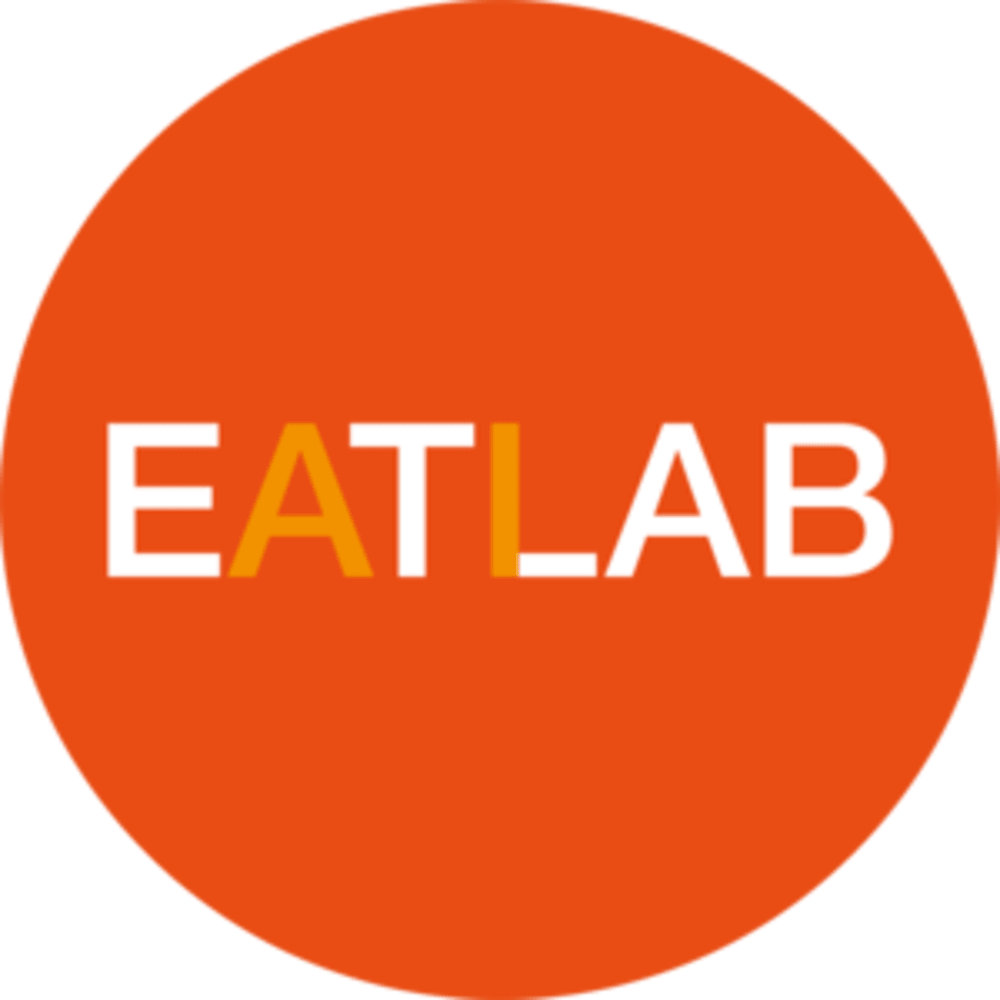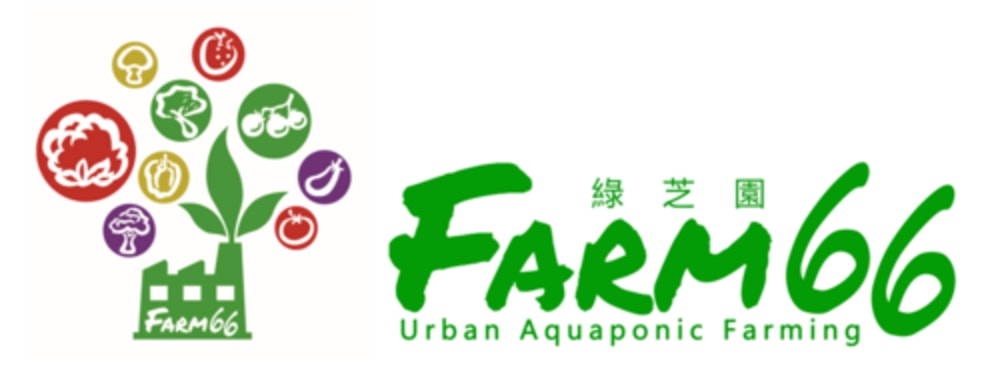The Food’s Future Summit 2019 will host a number of start-ups and companies in order to showcase their efforts in tackling different parts of the problems currently facing our food’s future.
The Innovation Showcase will open at 1pm on Friday the 11th and is open all day on Saturday the 12th (concurrently with panels and talks).
Have a look at some of the groundbreaking innovators to be featured:
Alchemy Foodtech
Alchemy Foodtech has created a powdery blend of plant fibres called Diabetec. Diabetec can be shaped to resemble starchy foods such as rice, noodles and flour. A Diabetec grain can be added to white rice to reduce the rice’s glycemic index without changing its taste or texture, making it an alternative to coarse wholegrains. According to founders Alan Phua and Verleen Goh, a nine per cent fibrous mix can reduce a food’s GI from 80 to 68.
EATLAB
EATLAB is a deep-tech spin-out that provides AI analytic services for food services in order to improve service quality, automate menu engineering and optimise pricing and promotions. It uses proprietary artificial intelligence and smart-sensor technology. Based on a large volume of behavioural data, EATLAB delivers suggestions that yield substantive increases in revenue, cash flow and customer retention rate at their clients’ restaurants.
IXON
IXON’s advanced sous-vide aseptic packaging is a patent-pending processing and packaging technology that allow foods such as meat, fish, eggs, vegetables and fruits to be sterilised at 60–80°C. Through sterilisation at these very low temperatures, food manufacturers can turn perishable foods – like medium-rare steak and poached eggs – into shelf-stable products.
Avant Meats
Avant Meats is a food-tech company based in Hong Kong whose motto is, “Gratify without sacrifice.” As a food-ingredient production company, it produces cell-based fish maw and is concurrently researching muscle cells with a view to evolve its products to include sea cucumber and eventually fish fillet.
Green Monday
Green Monday is a multifaceted social venture that aims to tackle climate change, global food insecurity, public health and animal welfare issues. Founded in 2012 in Hong Kong, Green Monday champions a sustainable food system by advocating a once-a-week plant-based meal philosophy. Right Treat by Green Monday is a food-tech company that has launched the popular pork alternative Omnipork.
Farm66
Farm66 uses innovative technologies to produce safe and healthy agricultural products that sustain humanity while protecting our environment for future generations. It’s a Hong Kong–based agri-tech start-up, and for the two-day Summit, Farm66 will be showcasing samples of its produce, grown in a 20,000-square-foot aquaponics facility, and sharing its insights.
PUR Projet
PUR Projet works with companies to regenerate the ecosystems on which they depend. It empowers local communities to operate long-term socio-environmental projects and helps companies to strengthen their supply chains through agroforestry, land restoration and sustainable agricultural practices. This approach, called insetting, encourages its partners to integrate social and environmental innovation at the heart of their operations.
Urban Grow
Urban Grown cultivates edible flowers and microgreens. It began with four hotel-management graduates who went mad washing veggies in a food lab, wondering why they needed to be washed with a cleaning agent, and this question kick-started their journey to creating a sustainable food ecosystem. With a small space provided by a restaurant owner, they are determined to bring own-grown, fresh, soilless and additive-free food to everyone’s tables.
Spidfier
Spidfier is a DNA analyser for fish identification. This lab in a box can sequence fish DNA from a meat sample in under 30 minutes, with no technician required. From this DNA, we can identify the fish species and origin and detect any pathogen or tampering from water injection. This machine arms regulators and consumers with information that allows them to combat the rising problem of fish fraud through intentional mislabelling of fish, as well as promoting seafood sustainability by quickly allowing multiple tests to be conducted in spot checks of fisheries, suppliers and retailers. Spidfier also benefits food safety.



















